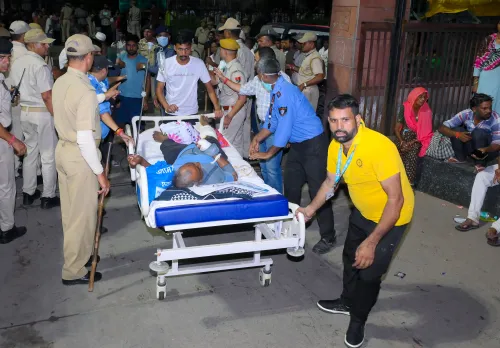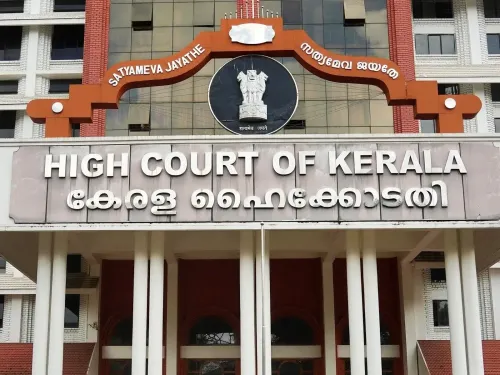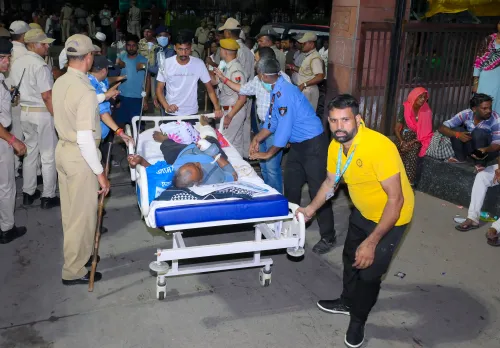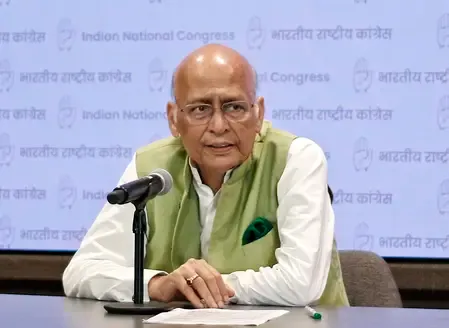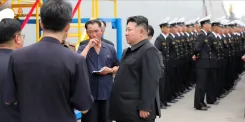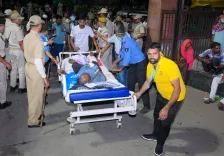Will Tamil Nadu Enact Anti-Caste Hate Legislation Following Dalit Youth's Murder?
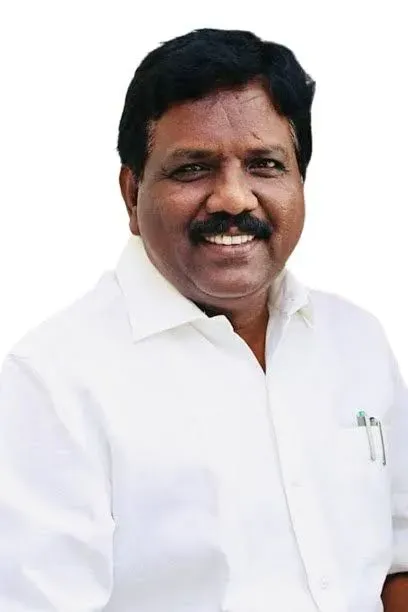
Synopsis
Key Takeaways
- VCK advocates for a dedicated anti-caste hate law.
- Brutal murder of a Dalit youth spurs legislative action.
- Concerns over enforcement of existing laws for Scheduled Castes.
- DMK’s development programs have benefited Dalit communities.
- Social equality must accompany economic development.
Chennai, Aug 2 (NationPress) In light of escalating worries regarding caste-related violence, the Viduthalai Chiruthaigal Katchi (VCK) is optimistic about convincing the ruling DMK government to introduce a dedicated law targeting crimes fueled by caste animosity in the forthcoming session of the Tamil Nadu Assembly.
This initiative follows the horrific murder of Kavin Selvaganesh, a youth from the Scheduled Caste community, in Tirunelveli district.
Despite Chief Minister M.K. Stalin having previously asserted in the Assembly that existing laws are adequate for addressing such crimes, the VCK is actively advocating for a specialized legislative framework that tackles caste-motivated atrocities.
Insiders from the party report that VCK leaders have been in discussions with DMK officials to emphasize the necessity of a more targeted legal approach.
However, some party members have voiced their disappointment regarding the state government's stance, claiming that the enforcement of laws designed to protect Scheduled Castes has been inadequate.
Additionally, they have raised concerns over why the DMK does not regard Dalits as a political constituency comparable to Other Backward Classes (OBCs).
VCK's General Secretary and MP D. Ravikumar has acknowledged that the DMK government has initiated numerous development programs that have benefited the Scheduled Caste communities, both directly and indirectly. Nevertheless, he emphasized that safeguarding the constitutional rights of the community is non-negotiable.
“The government has made notable progress in advancing education and entrepreneurship among Scheduled Castes,” he remarked.
“From infrastructure advancements and scholarship opportunities to initiatives like the Dr. Annal Ambedkar Business Champions Scheme and reserved contracts in government projects, the DMK has implemented progressive policies. Reserved panchayats also come with their specific development plans. Welfare programs such as Magalir Urimai Thogai, complimentary bus services, and Pudhumai Penn have particularly benefited Dalits and Most Backward Classes.”
Despite these initiatives, Ravikumar maintained that development alone is insufficient without the assurance of social equity.
“If atrocities and caste-related killings persist, they will undermine all developmental achievements. While educational and economic progress may be the government’s strategic choice, guaranteeing constitutional equality is its obligation,” he stated.
With increasing pressure from both within and outside the party, the upcoming Assembly session could be pivotal in deciding whether Tamil Nadu will implement legislative measures to decisively address caste hatred.

